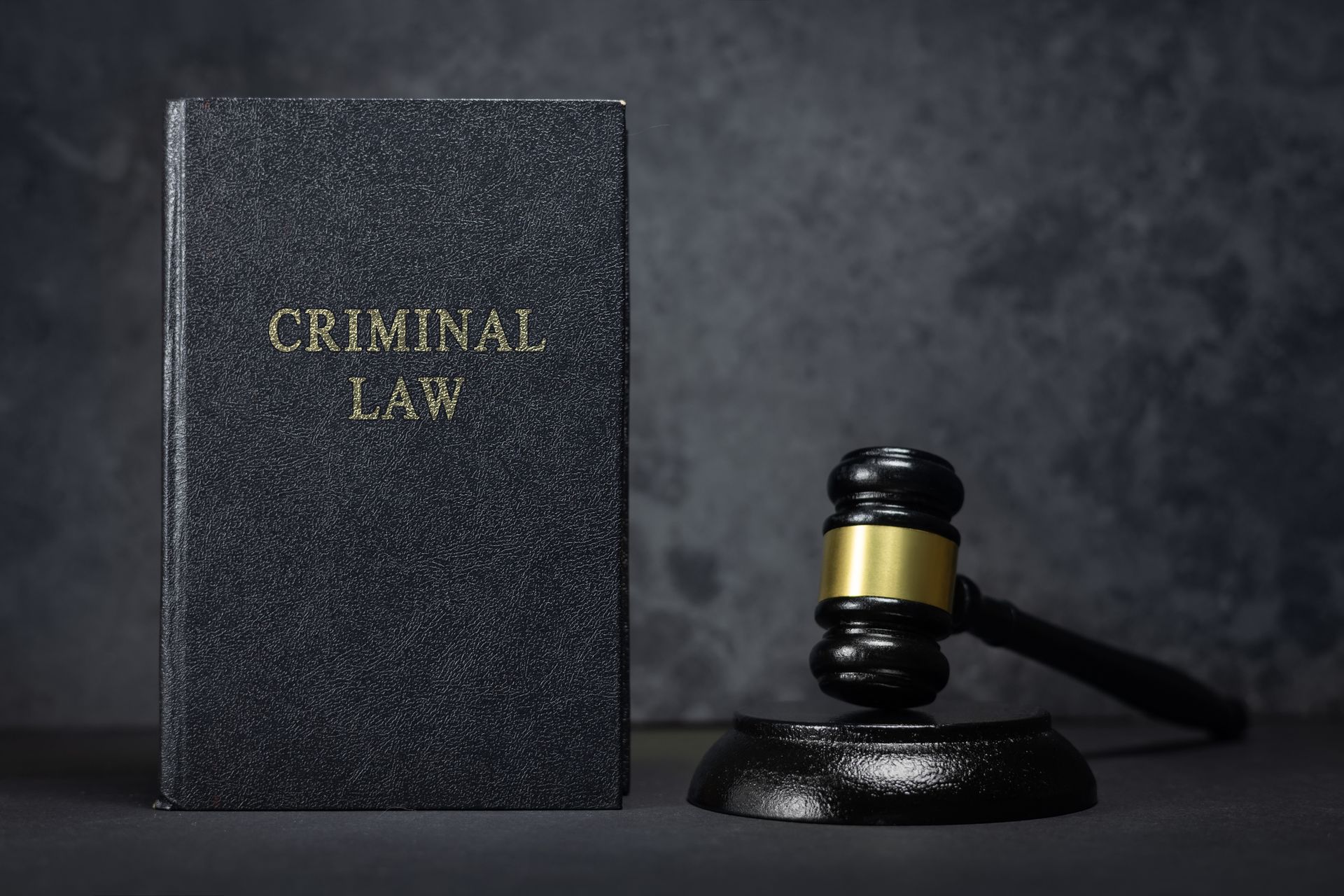Understanding the Difference Between a Felony and a Misdemeanor

Navigating criminal law can feel daunting, especially when you encounter terms like "felony" and "misdemeanor" that carry serious implications. At Hand Law, P.C., providing services in Grand Junction, CO, we believe that understanding these distinctions is critical for anyone facing charges or seeking guidance about their rights under criminal law. Whether you’re hoping to safeguard your future or better grasp legal terminology, having clarity on the differences and consequences of felonies versus misdemeanors can lead to informed decisions, especially with the help of an experienced criminal law attorney.
How Criminal Law Categorizes Offenses
Every state sorts criminal offenses into three main categories: infractions, misdemeanors, and felonies. This system exists to calibrate the response of law enforcement and the judicial process depending on the severity of an act. Infractions are the least serious, often involving minor violations like speeding or failure to follow local ordinances. While infractions result in a fine or warning, they rarely lead to jail time or a lasting criminal record.
Misdemeanors, however, represent a step up in seriousness. Typical examples include first-time DUI, petty theft, simple assault, and disorderly conduct. These offenses may result in county jail sentences, probation, or community service. Felonies are reserved for major violations such as aggravated assault, robbery, serious drug offenses, and homicide. The consequences are steeper, often exceeding one year in state prison and including penalties that can follow you for life.
Defining Felony, Misdemeanor, and Infraction
A felony is the most severe class of criminal offense. In Colorado, felonies include crimes like armed robbery, large-scale drug trafficking, and murder. These charges carry significant prison time and heavy fines. As seasoned criminal law attorneys, we see the ripple effects of felony charges: not only longer sentences but also restrictions on voting, holding public office, and even civil rights. Criminal law in Colorado treats felonies as life-altering events, emphasizing the importance of skilled legal representation.
Misdemeanors, by contrast, cover crimes that are serious but come with lighter penalties. Shoplifting small items, vandalism, third-degree assault, or possession of marijuana under the legal limit are all misdemeanors. They might trigger jail time—usually less than 18 months, probation, and fines, but they won’t lead to the complete loss of most rights.
Infractions, such as jaywalking or minor traffic offenses, need only a fine, with no jail time or criminal record consequences. In our daily work operating in the Grand Junction, CO area, we encounter cases ranging from traffic infractions to felony allegations, highlighting the full spectrum of criminal charges. For more specifics on the kinds of cases we handle under Colorado criminal law, visit our
Criminal Defense Attorney page.

The Real-World Impact of Penalties, Records, and Rights
Penalties are one of the most critical differences between a felony and misdemeanor. Felony convictions can result in lengthy imprisonment and loss of civil rights, such as voting and firearm ownership, and can permanently alter your life’s path. Employment options dwindle, and access to professional licenses or public benefits often disappears. Felony records are also much harder to seal or expunge and tend to follow individuals long after their sentence is complete.
Misdemeanor convictions, though less damaging, can still pose serious obstacles. These might involve jail time, but more often mean probation, fines, or required classes. Unlike felonies, misdemeanors do not usually strip away fundamental rights. Additionally, records for many misdemeanors can be sealed or expunged more easily, allowing individuals a fresh start and fewer hurdles in employment and housing.
Infractions, being the lowest level of offense, do not result in jail time or impact your civil rights. Most infractions can be handled efficiently and without long-term consequences.
Why These Distinctions Matter in Your Defense Strategy
When you are accused of a crime, whether it’s a misdemeanor or a felony, the path your defense will take is heavily influenced by this classification. If you are facing felony charges, our approach as criminal law attorneys is highly strategic and often involves negotiations or rigorous trial preparations. Felony cases require deep investigation, motions to suppress evidence, and sometimes complex plea bargains to reduce the charges.
With misdemeanors, options for diversion, plea deals, and alternative sentencing are more readily available. Our goal in every case is to minimize impact and, when possible, achieve dismissal or sealing of records to protect your future. The defense strategy in criminal proceedings must fit the seriousness of the allegations and anticipate how a conviction will shape your life afterward. The difference between a felony and a misdemeanor isn’t just about immediate penalties but also the long-term consequences of a criminal record and loss of rights.
Understanding these distinctions within criminal law gives you and your attorney a strategic advantage and can ultimately impact the outcome of your case in Colorado.
Life After a Conviction
After a case closes, the distinction between offense levels continues to matter. Felony convictions can make finding employment difficult, restrict professional opportunities, and limit where you are able to live or travel. Misdemeanors, although easier to overcome, may still appear in background checks and create obstacles for certain jobs or housing applications.
Our commitment as criminal law attorneys is to help our clients not only through the legal process but also to understand the implications for life after a case. Options like probation, expungement, or record sealing are avenues we often pursue for individuals with misdemeanor convictions, enabling them to rebuild with fewer limitations. Having proper guidance under criminal law can influence your ability to move on after a conviction and reintegrate into society.
Don’t Face Criminal Charges Alone, Call Hand Law, P.C.
If you or someone close to you is confronting criminal charges in Grand Junction or across Colorado, knowing the difference between felonies and misdemeanors is vital for protecting your future and rights. At Hand Law, P.C., we are dedicated to providing knowledgeable, compassionate defense for every client, whether facing a misdemeanor, felony, or infraction. Our team understands the intricacies of Colorado criminal law and will work with you to develop an effective strategy.
Reach out to us today at
970-245-4601 or through our
contact page to get the support and legal counsel you need. Let our experienced criminal law attorneys help you navigate your case and secure your best possible outcome.










